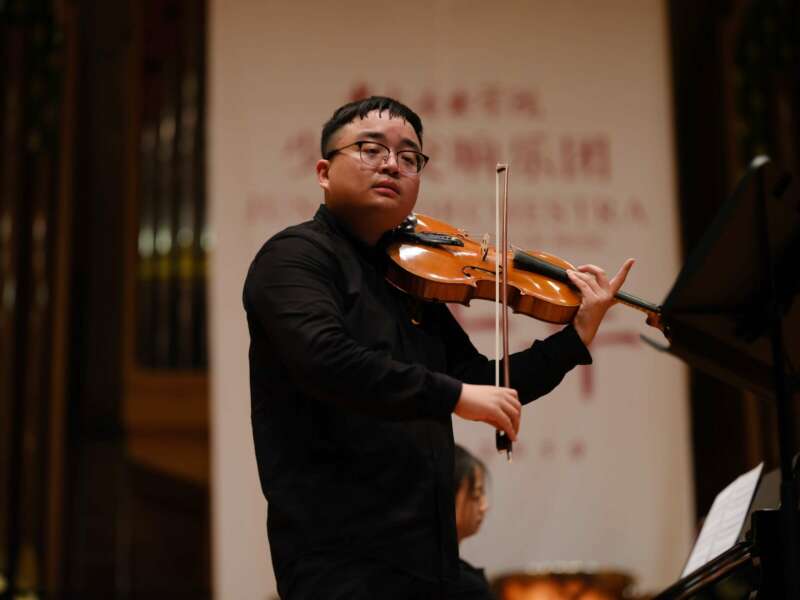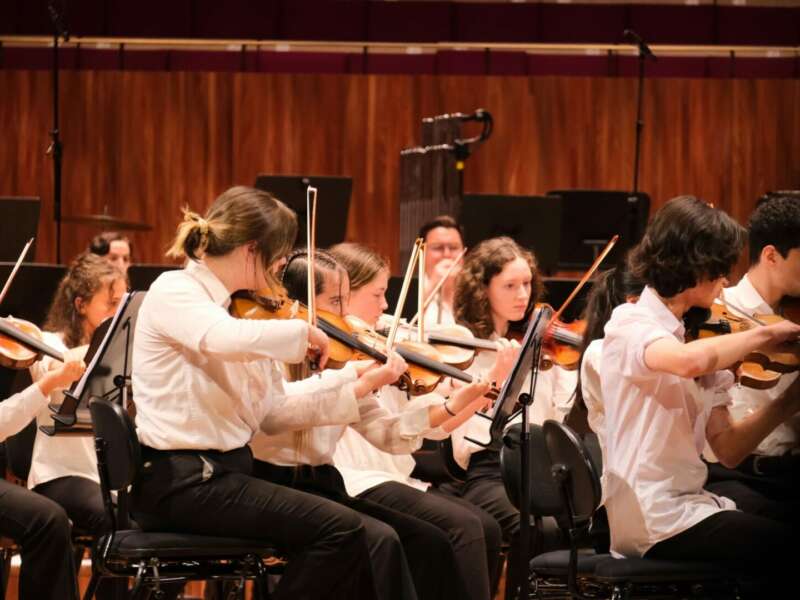The Colburn School Receives Grant to Preserve Archives of Holocaust Survivor
Herbert Zipper, an Austrian-born composer, was held at the Dachau concentration camp in the early days of the Second World War, and much of the material in this collection details his experiences there
Los Angeles' Colburn School received a Save America's Treasures grant that will allow them to preserve and digitize the archives of composer and Holocaust survivor Herbert Zipper, as well as documents relating to Zipper's relatives.
Some of the artifacts held in the collection include Zipper’s handwritten letters detailing his time at Dachau concentration camp, letters he received from his family while he was imprisoned there, identification papers from the Nazi regime, original manuscripts, photographs, and a range of audiovisual materials.
Zipper's life encompassed the vast majority of the twentieth century. Born in Vienna in 1904 to Jewish parents, he studied composition at Vienna's Academy of Music and was a key figure in Vienna's underground scene of leftist artists whose work was persecuted in the early days of the Nazi regime.
Zipper was eventually arrested by Austrian police in 1938 and sent to the Dachau concentration camp alongside his brother. While there, he reunited with an old friend — the writer Jura Soyfer — and the two worked on a number of songs together. Among these was Dachaulied, based on the camp's now-infamous slogan Arbeit macht Frei; this song became popular with many of the prisoners and was frequently sung around the camp.
While in Dachau, Zipper also initiated the building of banned instruments using leftover wood from the prisoners' hard labor and founded a regular Sunday concert series after locating and mobilizing other musicians in the camp. He was liberated in 1938 on account of his parents having fled to Paris, where they arranged for his release.
"At Colburn, we have long been dedicated to celebrating and preserving the work of those musical trailblazers who might otherwise have been forgotten by time," said Sel Kardan, Colburn’s President and CEO.
"This grant will enable us to save the Zipper Archive for future generations. The effort aligns with our Recovered Voices program and helps solidify Colburn as a leader in preserving musical history for our children and their children."
april 2024
may 2024

































